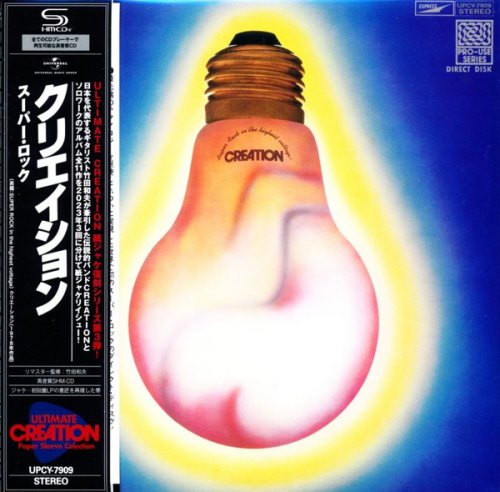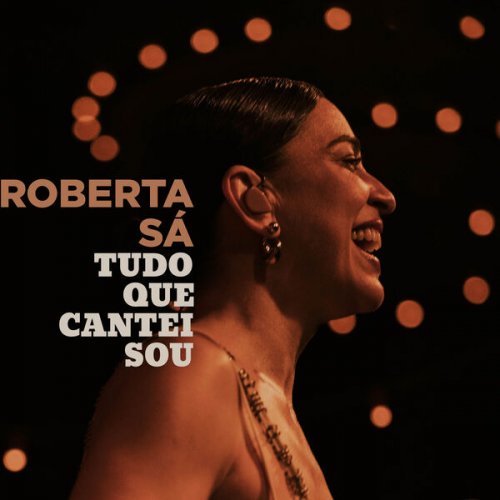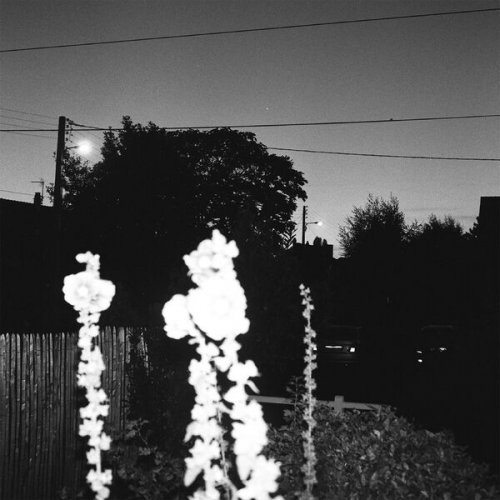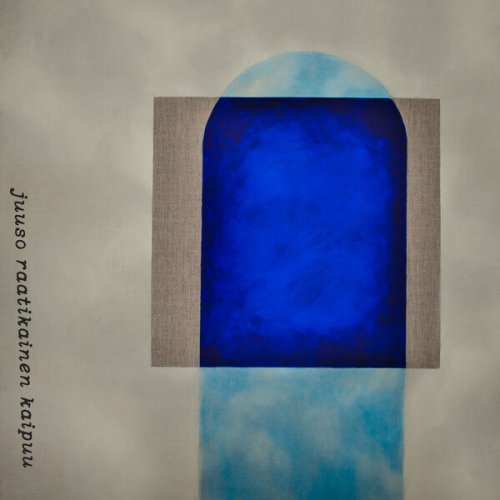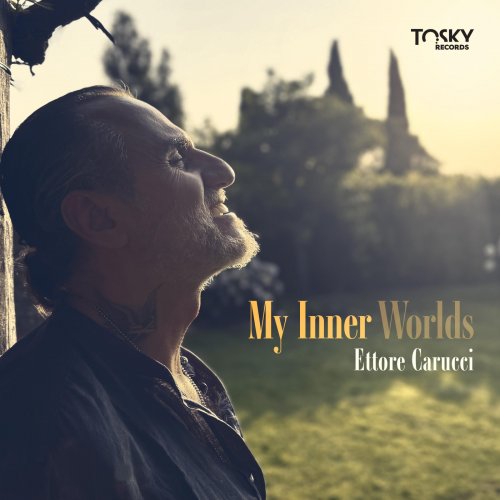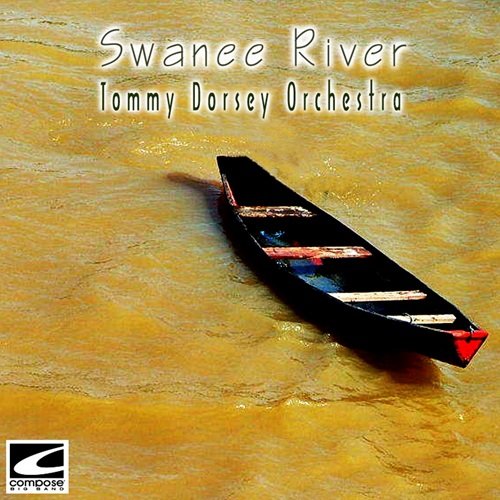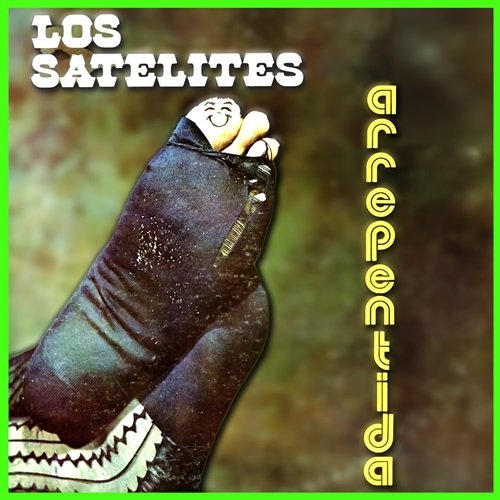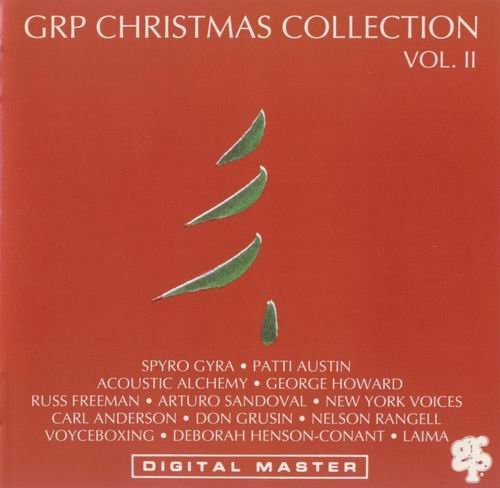Anton Steck, Christian Rieger - Pisendel: Violin Sonatas (2004)
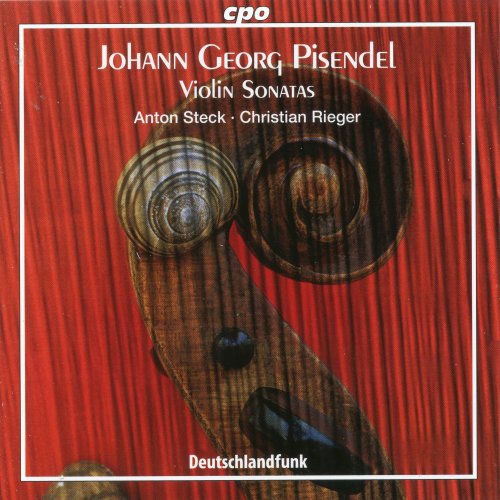
Artist: Anton Steck, Christian Rieger
Title: Pisendel: Violin Sonatas
Year Of Release: 2004
Label: CPO
Genre: Classical
Quality: FLAC (tracks)
Total Time: 01:00:48
Total Size: 384 Mb
WebSite: Album Preview
Tracklist: Title: Pisendel: Violin Sonatas
Year Of Release: 2004
Label: CPO
Genre: Classical
Quality: FLAC (tracks)
Total Time: 01:00:48
Total Size: 384 Mb
WebSite: Album Preview
Violin Sonata In D Major
1. Allegro 3:10
2. Larghetto 2:50
3. Allegro 3:59
Sonata For Violin Solo In A Minor
4. Without Indication 2:36
5. Allegro 4:27
6. Giga - Variationen 5:38
Violin Sonata In E Minor
7. Largo 2:03
8. Moderato 5:00
9. Arioso 1:45
10. Scherzando 2:31
Violin Sonata In C Minor
11. Adagio 2:42
12. Presto 3:19
13. Affetuoso 2:21
14. Vivace 3:45
Violin Sonata In G Minor
15. Larghetto 4:08
16. Allegro 3:15
17. Largo 4:27
18. Allegro 2:41
Performers:
Anton Steck (Violin)
Christian Rieger (Harpsichord)
Johann Georg Pisendel (1687–1755), one of the finest violinists of his day, came to head the court orchestra in Dresden. Pisendel’s consistent and professional effort molded the orchestra into an ensemble worthy of its contemporary reputation. Pisendel benefited tremendously from a period of study with Vivaldi in Venice, where he honed both his performing and compositional skills and took back with him many concertos that Vivaldi had written with the German’s talent foremost in his mind. As a composer, Pisendel was quantitatively Vivaldi’s opposite. The size of his output is perhaps best explained by the fact that he apparently spent more time revising what he had written than serving up fresh material for his Dresden colleagues. Pisendel’s importance today lies in the fact that he avidly commissioned music by other composers (Vivaldi’s concerti per Dresda are but one example), raised the musical competence of the court ensemble to an unprecedented level, and via his pupils, disseminated his strict standards to other locales.
The music on this release also called for the exceptional talents of Pisendel’s Dresden associate, harpsichordist Christian Richter. As such, it constitutes a series of virtuoso showpieces, not mere Hausmusik to be played as light and meretricious after-dinner fare. The technical challenges posed by Pisendel’s sonatas are many and these works may number among the most daunting of the Baroque era, not excluding the music of Bach, Corelli, and others. Pisendel employed all of the tricks of the violinist’s trade, including double stops, string crossing, and athletic leaps, but never to excess. Further, Pisendel gave his keyboard colleague a demanding and fully written-out part, not a skeleton requiring an extemporaneous figured bass realization. These are true partnerships requiring equal technical commitments from the violinist and the harpsichordist. Structurally, the Italian taste predominates, with both da chiesa and da camera blueprints. As expected, the dual abilities of the performers are well satisfied by Pisendel’s vigilant balance of pyrotechnics with cantabile.
Anton Steck and Christian Rieger are well-credentialed early-music advocates. Steck has performed with the likes of Musica Antiqua Köln, Les Musiciens du Louvre, and the Handel Festival Orchestra (Halle). Both men exhibit commitment, insight, and passion in these sessions, and their tastefully ornamented, probing interpretations do much to retrieve this little-known repertoire from the bowels of musical oblivion. The technical demands of Pisendel’s scores pose little or no difficulty for this pair of accomplished early music specialists who evince a thorough command of sensibility and style. The music sings and dances effortlessly and is of an overall quality that will surely have some of you returning to its material from time to time, if not regularly.
Cpo is to be commended for a foray into the dense, dark, and thorny undergrowth of the Baroque era and a journey that unmasks yet another gifted but inexplicably ignored contemporary of Bach, Handel, and Vivaldi. Perhaps there is more; if so, bring it on! -- Michael Carter
The music on this release also called for the exceptional talents of Pisendel’s Dresden associate, harpsichordist Christian Richter. As such, it constitutes a series of virtuoso showpieces, not mere Hausmusik to be played as light and meretricious after-dinner fare. The technical challenges posed by Pisendel’s sonatas are many and these works may number among the most daunting of the Baroque era, not excluding the music of Bach, Corelli, and others. Pisendel employed all of the tricks of the violinist’s trade, including double stops, string crossing, and athletic leaps, but never to excess. Further, Pisendel gave his keyboard colleague a demanding and fully written-out part, not a skeleton requiring an extemporaneous figured bass realization. These are true partnerships requiring equal technical commitments from the violinist and the harpsichordist. Structurally, the Italian taste predominates, with both da chiesa and da camera blueprints. As expected, the dual abilities of the performers are well satisfied by Pisendel’s vigilant balance of pyrotechnics with cantabile.
Anton Steck and Christian Rieger are well-credentialed early-music advocates. Steck has performed with the likes of Musica Antiqua Köln, Les Musiciens du Louvre, and the Handel Festival Orchestra (Halle). Both men exhibit commitment, insight, and passion in these sessions, and their tastefully ornamented, probing interpretations do much to retrieve this little-known repertoire from the bowels of musical oblivion. The technical demands of Pisendel’s scores pose little or no difficulty for this pair of accomplished early music specialists who evince a thorough command of sensibility and style. The music sings and dances effortlessly and is of an overall quality that will surely have some of you returning to its material from time to time, if not regularly.
Cpo is to be commended for a foray into the dense, dark, and thorny undergrowth of the Baroque era and a journey that unmasks yet another gifted but inexplicably ignored contemporary of Bach, Handel, and Vivaldi. Perhaps there is more; if so, bring it on! -- Michael Carter
![Gianni Oddi - 3 (1974) [Vinyl] Gianni Oddi - 3 (1974) [Vinyl]](https://www.dibpic.com/uploads/posts/2025-12/1766644979_5.jpg)
